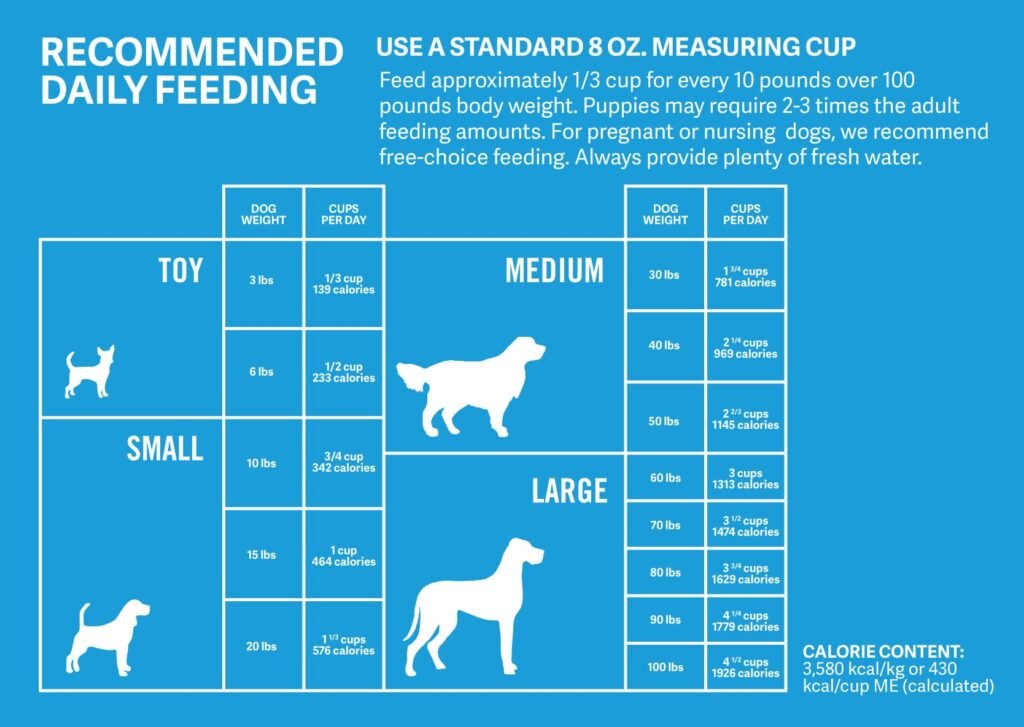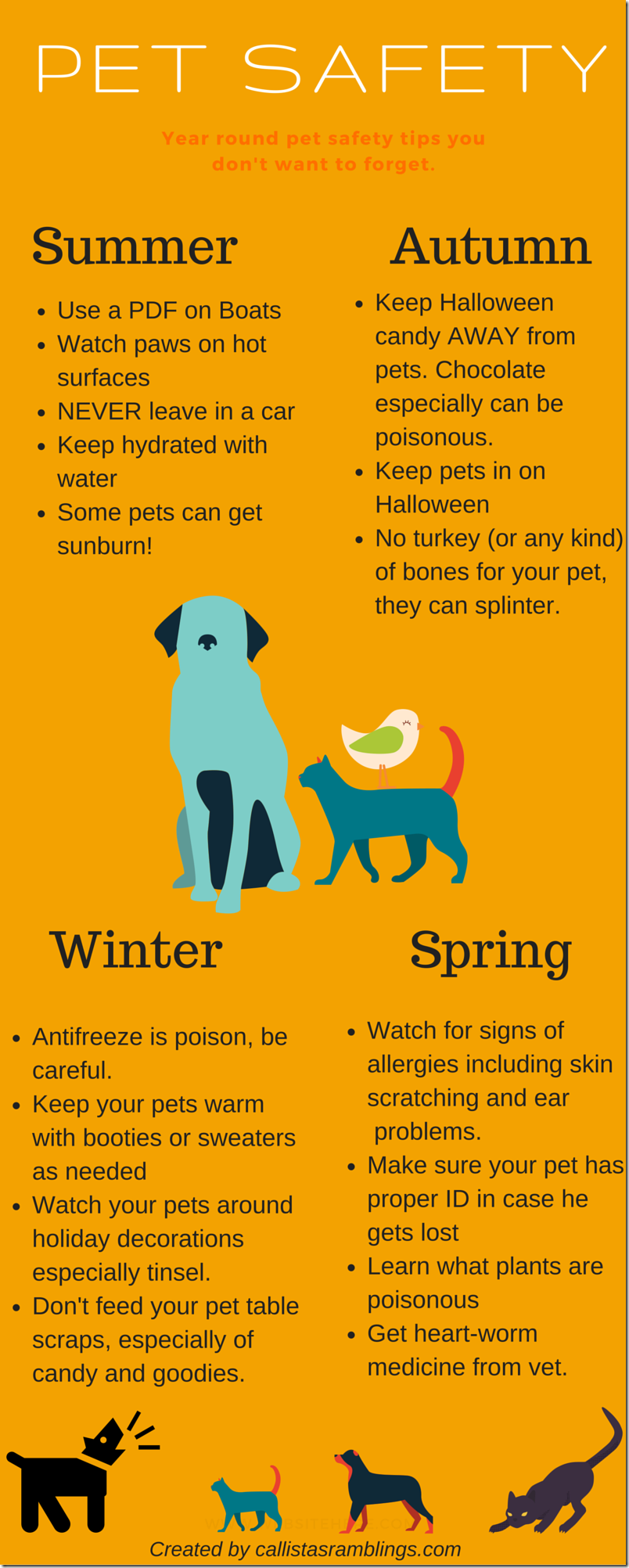
Feeding your dog the right amount and at the right times is crucial for their overall health and well-being. In “How Often Should I Feed My Dog? Tips from a Veterinarian,” you’ll discover expert advice on the best feeding practices tailored to your dog’s specific needs, including factors like breed, age, and health considerations. You’ll also learn how incorporating dog health products, such as canine wellness supplements, can support everything from joint health to maintaining a healthy skin and coat. Whether you’re caring for an energetic young pup or a senior dog with special dietary requirements, these veterinarian-recommended tips will help ensure your furry friend stays healthy and happy. Have you ever found yourself wondering, “How often should I feed my dog?” It’s a common question, especially given the variety of products and information available. To make things easier, we’ve gathered some insights from veterinarians, aiming to help you make the best decisions for your furry friend.

Understanding Your Dog’s Nutritional Needs
Dogs, much like humans, require a balanced diet to maintain overall health and well-being. Their nutritional needs may vary based on factors such as age, breed, size, and specific health concerns.
The Importance of Essential Nutrients
A dog’s diet must include essential nutrients to support its overall health. This includes proteins, fats, carbohydrates, vitamins, and minerals. Each of these plays a crucial role in maintaining your dog’s bodily functions, energy levels, and immune system.
Factors Influencing Feeding Frequency
Several factors can influence how often you should feed your dog. These include:
- Age – Puppies, adult dogs, and senior dogs have different nutritional requirements.
- Breed and Size – Smaller dogs may have different caloric needs than larger breeds.
- Activity Level – Active dogs may require more frequent feeding to sustain energy.
- Health Conditions – Specific health issues may necessitate different feeding schedules.
Feeding Tips for Dogs of All Ages
Feeding your dog appropriately according to age is key to their overall well-being. Let’s break it down into different life stages:
Puppies
Puppies have high energy levels and need frequent feeding to support their rapid growth. Typically, puppies should be fed three to four times a day until they reach about six months old.
Feeding Schedule for Puppies:
| Age | Frequency |
|---|---|
| Up to 3 months | 4 meals a day |
| 3-6 months | 3 meals a day |
| 6-12 months | 2 meals a day |
Adult Dogs
Once your dog reaches adulthood, usually around one year of age, it requires fewer meals. Most adult dogs thrive on two meals a day. Ensure these meals are well-balanced to maintain a healthy weight and support normal heart and joint health.
Senior Dogs
Senior dogs, typically those over seven years old, may experience a slower metabolism and decreased activity levels. However, their nutritional needs still require attention. Feeding them two meals a day, with consideration for any health issues like joint problems or dental health, is advisable.

Health and Dietary Supplements for Dogs
Just like humans, dogs can benefit from dietary supplements to support their overall health and address specific concerns.
Popular Supplements and Their Benefits
- Glucosamine and Chondroitin: These supplements are known to support joint health, particularly in older dogs or breeds prone to hip and joint issues.
- Omega-3 Fatty Acids: Essential for maintaining healthy skin and coat, as well as supporting normal inflammatory responses.
- Probiotics: Help maintain a healthy gut and support normal bowel movements.
- Multivitamins: Ensure your dog gets all necessary vitamins and minerals, especially if they have specific dietary needs.
When to Use Supplements
It’s essential to talk to your vet before adding supplements to your dog’s diet. They can provide personalized recommendations, ensuring the supplements beneficially address your dog’s specific health concerns.
Choosing the Right Dog Food
Selecting the best diet for your dog can be overwhelming given the options available. Here’s a simplified guide:
Types of Dog Food
- Dry Kibble: Convenient and commonly used, it also promotes dental health by reducing plaque buildup.
- Wet Food: Higher in moisture, can be more appealing for picky eaters or dogs with dental issues.
- Raw Diet: Focuses on natural, unprocessed foods but requires careful handling to avoid bacterial contamination.
- Specialty Diets: Designed for specific health issues, such as weight management or food sensitivities.
Reading Dog Food Labels
Understanding dog food labels ensures you provide a complete and balanced diet. Look for:
- High-quality protein sources (e.g., chicken, beef, lamb)
- Healthy fats (e.g., fish oil, flaxseed oil)
- Whole grains or grain-free options based on your dog’s needs
- Added vitamins and minerals

Dental Health and Its Impact on Feeding
Dental health is often overlooked but critically influences your dog’s overall health and feeding habits.
Importance of Oral Health
Poor dental health can lead to issues like tooth decay, gum disease, and even systemic infections. Regular dental cleanings, along with dental chews, help maintain healthy teeth and gums.
Incorporating Dental Care into Feeding Routine
Consider integrating dental health products into your dog’s diet. Dental treats and chews can reduce plaque and tartar buildup while providing a tasty treat. Regular brushing with dog-specific toothpaste is also beneficial.
Responsible Dog Ownership and Veterinary Advice
As a responsible dog owner, staying informed about your pet’s health and nutritional needs is crucial. Regular veterinary check-ups play a significant role in maintaining your dog’s health.
Regular Check-Ups
Annual vet visits allow early detection of potential health issues, ensuring your dog remains in optimal health. During these visits, you can discuss diet, supplementation, and any other concerns you may have.
Vaccinations and Preventative Care
Vaccinations and preventative care are essential to protect your dog from common diseases. Your vet can provide a vaccination schedule tailored to your dog’s needs.

FAQs: Additional Tips from a Veterinarian
How Can I Tell If My Dog is Eating the Right Amount?
Observe your dog’s body condition and behavior. A healthy weight, consistent energy levels, and regular bowel movements are good indicators. If you notice weight changes or behavioral shifts, consult your vet.
Are Natural Remedies Safe for My Dog?
Many natural remedies can be beneficial. However, it’s essential to use them under veterinary supervision to avoid adverse reactions or interactions with other medications.
Can I Change My Dog’s Diet Frequently?
Frequent diet changes can upset your dog’s digestive system. If switching food, do it gradually over a week to allow your pet’s system to adjust.
What Are the Signs of Poor Nutrition in Dogs?
Look out for signs like dull coat, lethargy, weight loss, and digestive issues. These can indicate nutritional deficiencies that need to be addressed.
Conclusion
Feeding your dog the right amount and type of food is vital in promoting a long, healthy life. Consider the factors influencing your dog’s dietary needs, and don’t hesitate to seek veterinary advice for tailored guidance. With the right approach to nutrition, supplements, and regular veterinary care, you can ensure your furry companion stays happy and healthy for years to come.
Remember, you’re not alone in this journey—your vet is a valuable resource in maintaining your dog’s overall health and well-being. Enjoy your time with your beloved companion and feed them well!
By taking these steps, you can ensure a balanced approach that supports your dog’s health at every stage of life. Keep observing your furry friend, stay informed, and always consult with a veterinarian to offer the best care possible. Happy feeding and healthy living!
This article aims to provide you with comprehensive and understandable guidelines, helping you navigate the sometimes complex world of canine nutrition and health. Your dog’s happiness and health depend significantly on what they eat and how often they’re fed, so take these insights to heart and enjoy the company of your well-nourished companion!








